‘Historic loss’ on the cards for Japan’s LDP as Ishiba faces election snub
Ruling coalition predicted to lose majority and will have to seek partners to maintain power, with Ishiba expected to make way for a more conservative leader
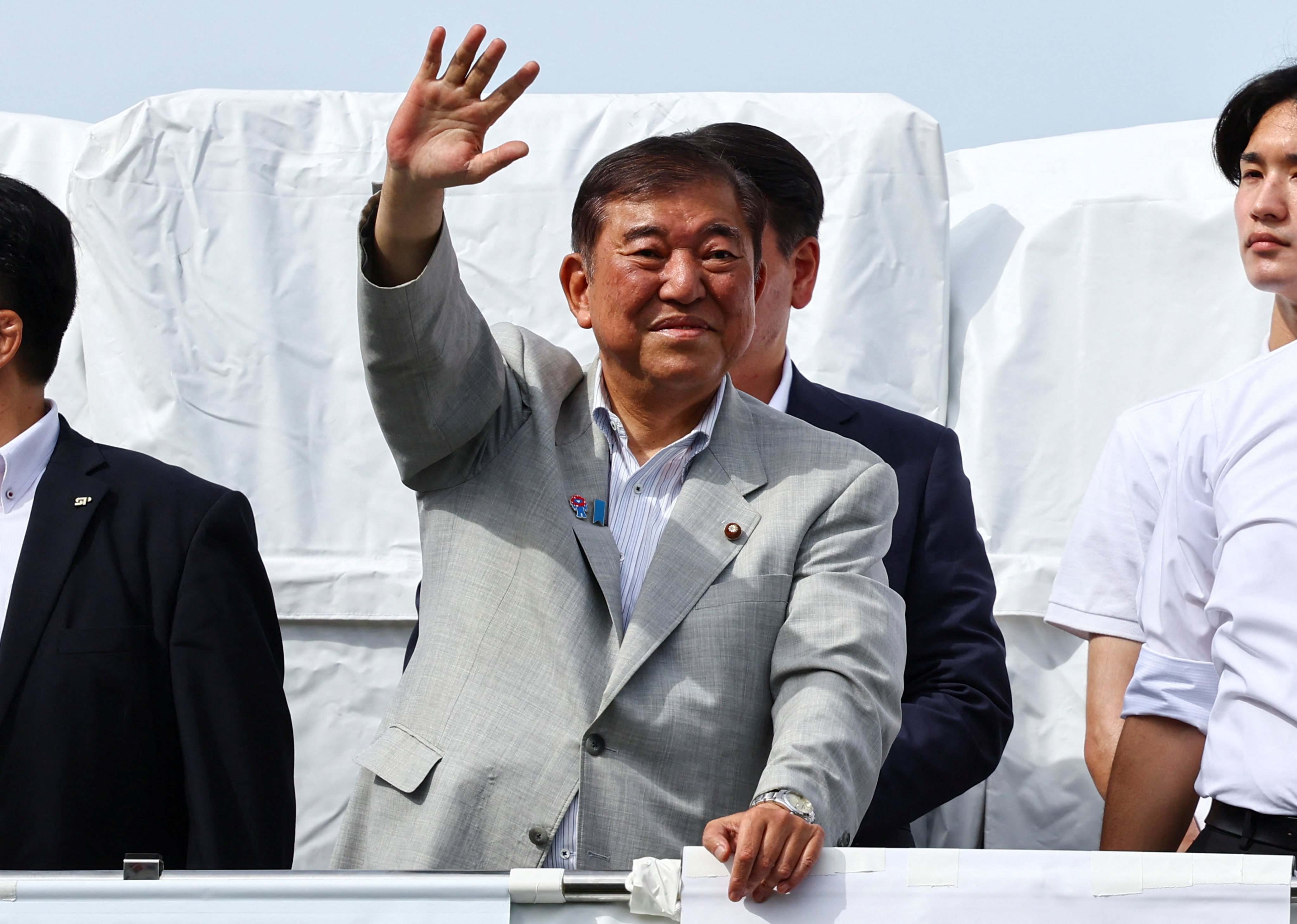
Support for Japan’s ruling Liberal Democratic Party (LDP) is ebbing away in the lead-up to a crucial poll on Sunday for the House of Councillors, with Prime Minister Shigeru Ishiba’s political fate on the precipice as his party is expected to be eviscerated by the electorate.
A survey by the conservative Yomiuri newspaper published on Wednesday concluded that opposition parties were rapidly making up ground on the LDP and its coalition partner Komeito, with seats that were previously considered safe now very much in the balance.
A public-opinion poll published the previous day by the left-leaning Asahi echoed that position, suggesting that of the 125 seats in the 248-seat chamber being contested, the LDP was on course to win only 34 while Komeito would take about nine.
Combined with the 75 seats not up for re-election, that will give the coalition 118 spots, below the 125 required for a majority.
That would be a crippling blow to the LDP given that it lost its majority in the House of Representatives in October last year, leaving Ishiba heading a fragile minority government.
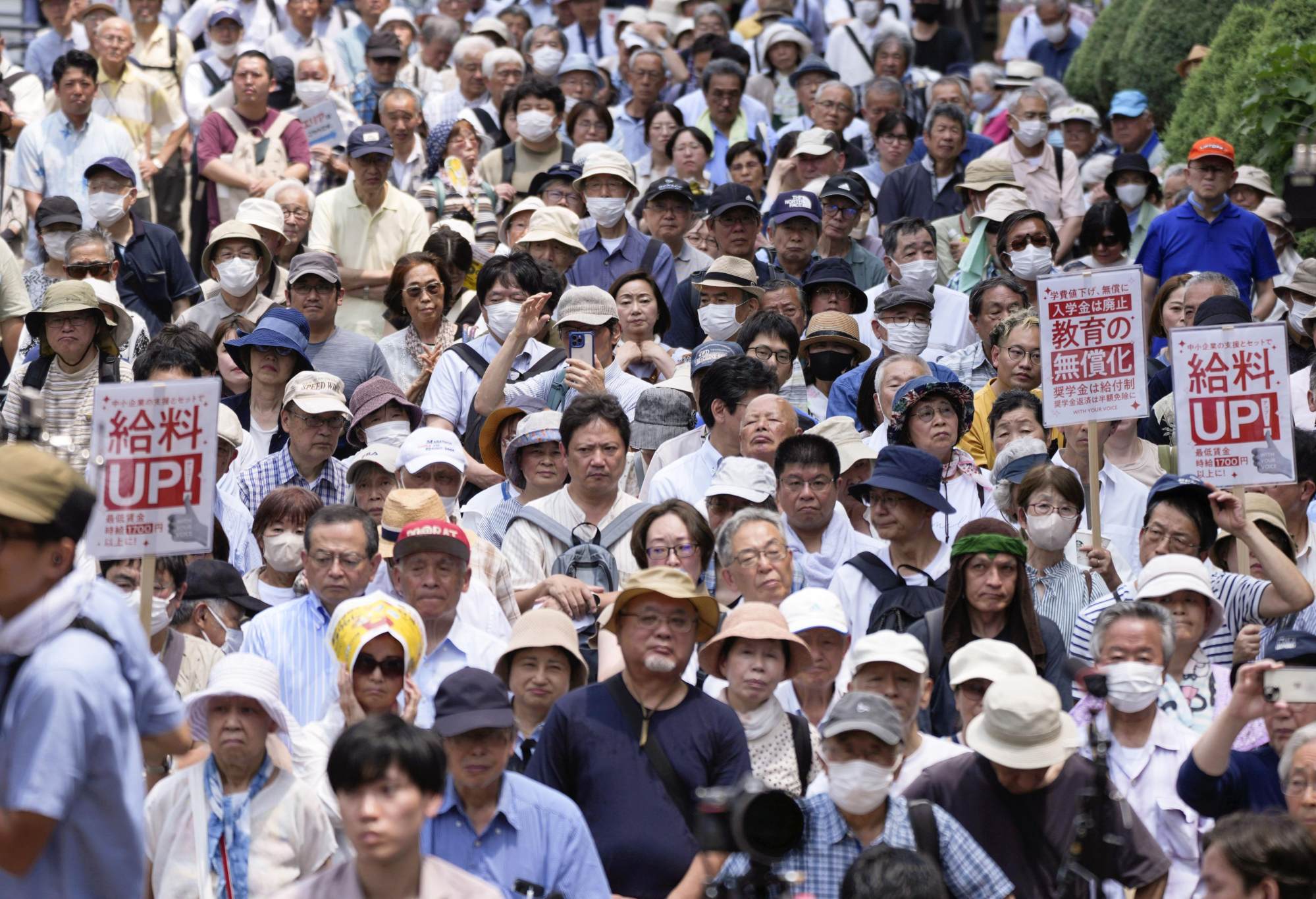
Michael Cucek, a professor of politics and international relations at the Tokyo campus of Temple University, said the collapse of political parties often mirrored the fall of currencies.
“Everything has been stable for a long time and then somebody gets the idea that it is not viable,” he said. “Suddenly everyone wants out simultaneously, and that’s when it collapses.”
The LDP had been an “electoral machine” since its formation in 1955, Cucek told This Week in Asia, serving as a “catch-all party” that appealed to a wide spectrum of conservative voters from farmers to small-business owners and corporate leaders to housewives.
But the party’s self-perpetuation has run out of steam, according to Cucek, as its most recent leaders, former prime minister Fumio Kishida and now Ishiba, took more centrist positions than Shinzo Abe, whom many conservatives revere as the nation’s greatest leader in the post-war era.
His assassination in July 2022 left the right without a natural leader and, combined with the LDP shifting towards the centre, has contributed to the party’s right wing fracturing to be replaced by small but vocal ultra-conservative groups.
It is these groups – primarily Sanseito and the Conservative Party of Japan – that are expected to benefit on Sunday.
“My guess is that the LDP will suffer a historic loss of voters, which will mean that Ishiba will resign immediately,” Cucek said. “That might be a wildly extreme position to take, but we are closer to that now than I have ever seen before. There has been a collapse in support for the LDP and the numbers just do not add up for the party.”
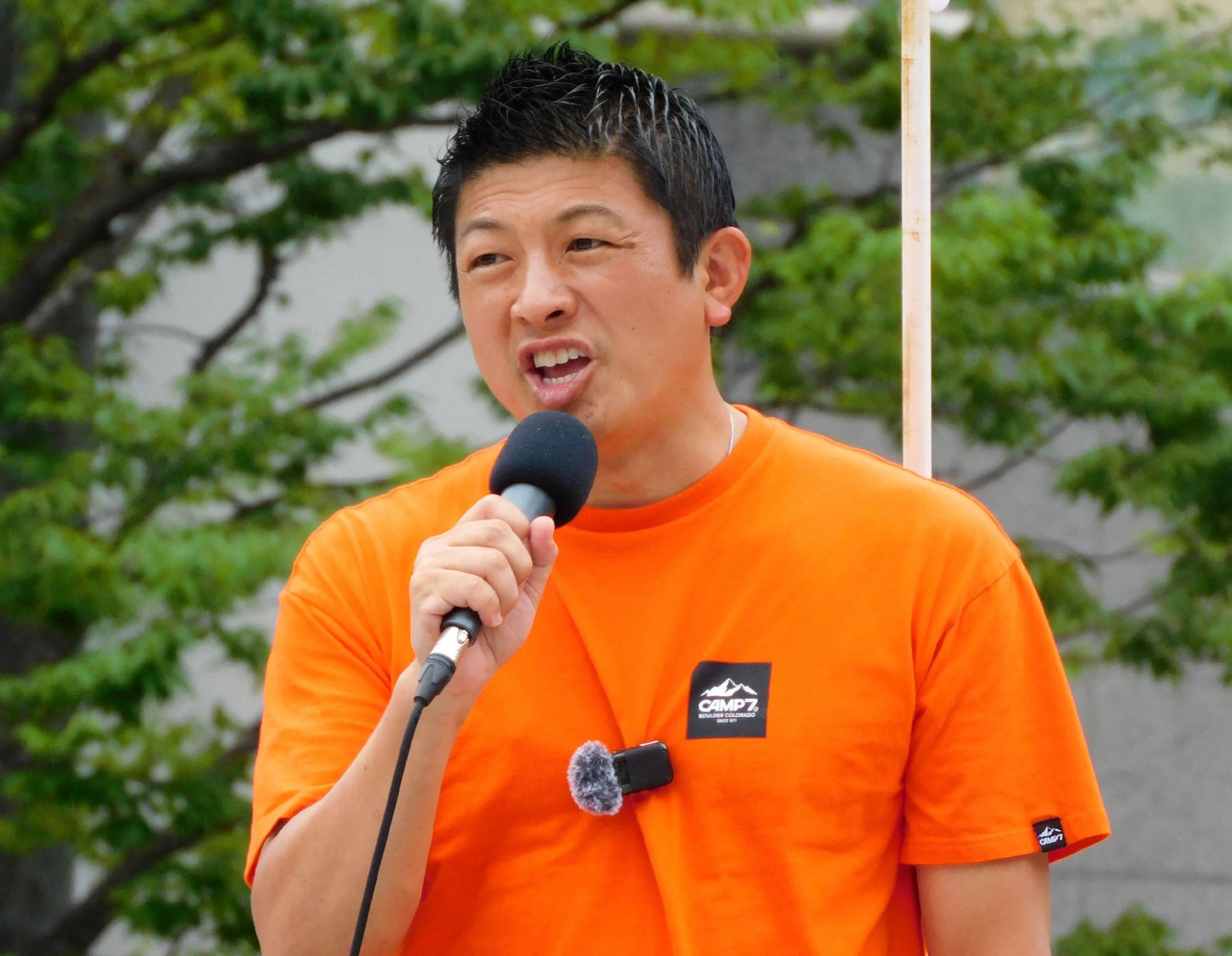
The LDP’s loss could be Sanseito’s gain, he suggested, with the latter likely to be able to form “a sizeable bloc for the next six years, winning perhaps as many as 15 seats”.
Yet despite the inevitable drubbing at the ballot box, there is still a chance for the LDP to cling on to power, according to Cucek, although Ishiba will not be so fortunate and will have to go.
Unhandled type: inline-plus-widget {“type”:”inline-plus-widget”}
Whatever is left of the LDP will in the early part of next week be casting around for new partners in a coalition. Sanseito will not be considered as it is too politically erratic and populated by people with fringe theories, but other minor parties may be willing to link up with the LDP to have a say in the new government.
The LDP could even reach out to the centre-right Democratic Party for the People to give it enough seats in the chamber for a majority.
“They will have to ‘share’ more than they ever have before because both will be desperate to avoid a complete collapse that will mean they are forced to hold a House of Representatives election and, working together, they can avoid complete annihilation,” Cucek said.
Then would come the demanding task of finding a viable new leader and setting a fresh political course, he added.
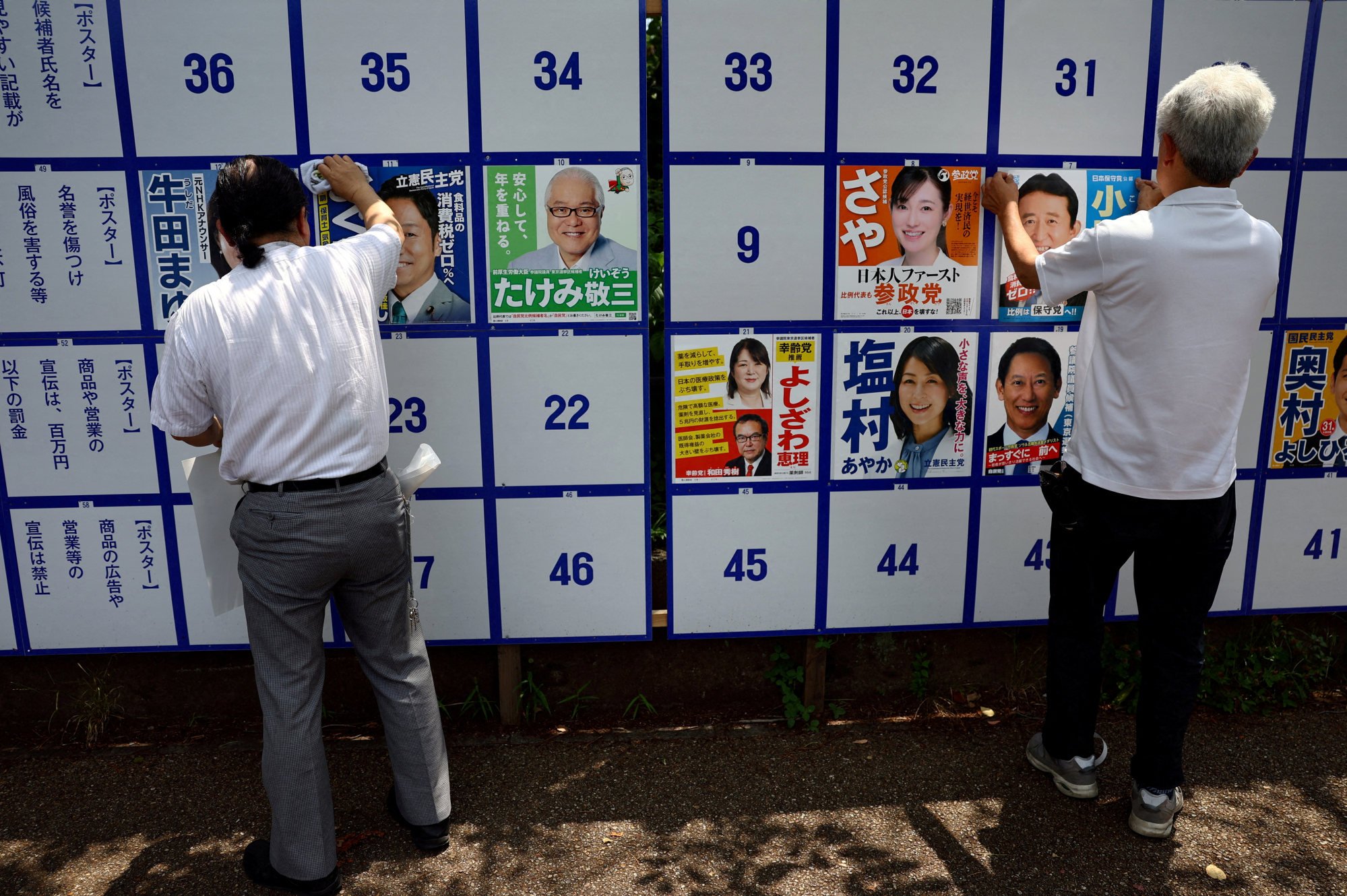
Ken Kato, a businessman from Tokyo, has long been an LDP supporter and will not be changing that in this election – although he anticipates the party will suffer in the coming vote. But there could be a silver lining, he believes.
“It is increasingly likely the LDP will lose its majority, and that is going to have a huge impact. The way the party is now, it’s not really conservative any more. It has become a mixture of different groups and philosophies, and I feel it needs to get back to its roots. This is that opportunity,” he said.
“Conservative members of the party leaving for these smaller right-wing parties will force the LDP to return to the patriotism and conservative values that are its foundations.”
Kato said he expected Ishiba to go, paving the way for “a leader that will follow in the footsteps of Abe”. That person, Kato added, would be Sanae Takaichi, an unabashed hawk who held a cabinet portfolio under Kishida and challenged Ishiba for the party leadership in September 2024.
“This has been a challenging time for the party, but it can be an opportunity to bring about real change under a new leader like Takaichi,” Kato said.
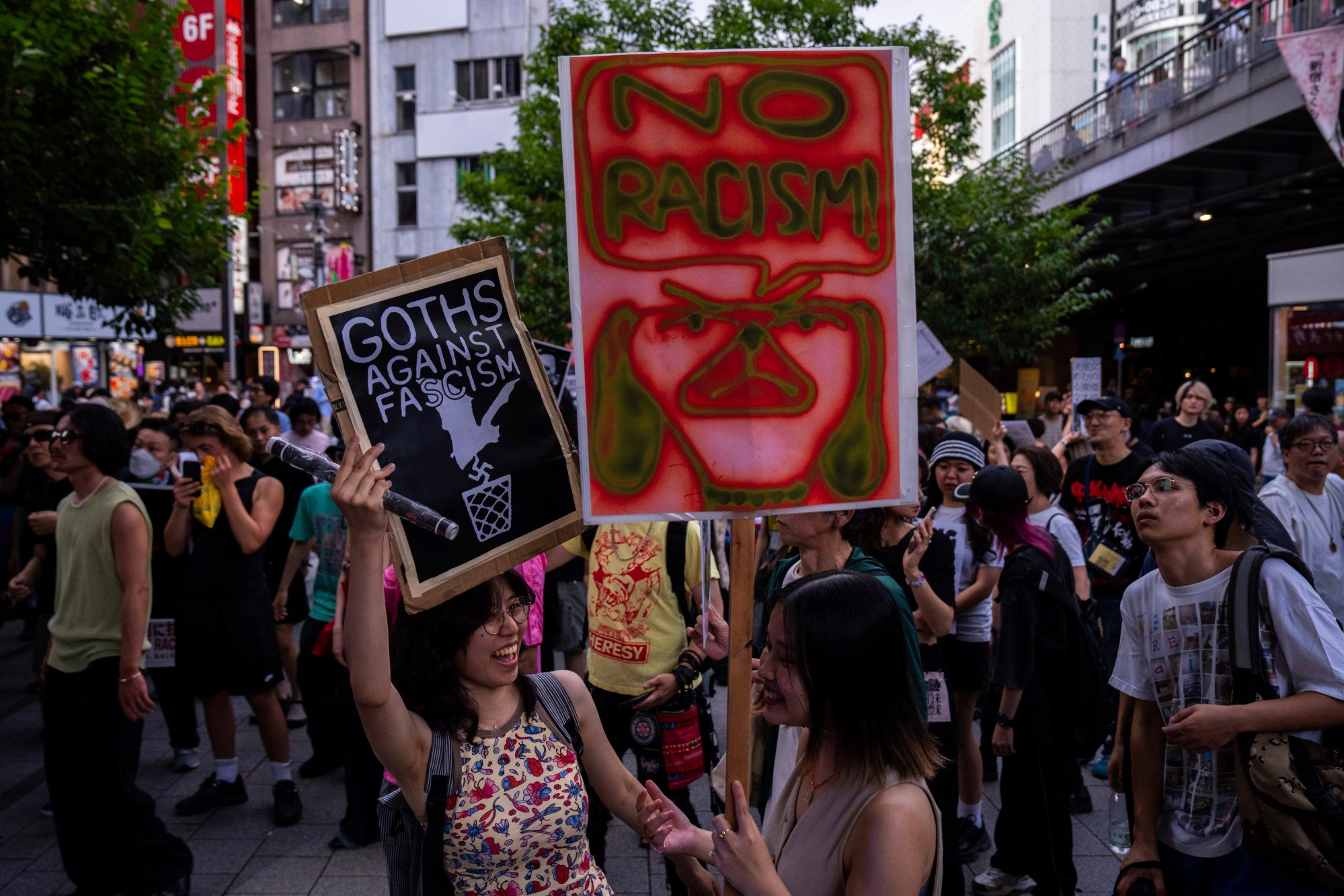
To others, that would be yet another sign of a worrying shift to the extreme right in Japanese politics.
A Japanese academic said she was seriously contemplating voting for the LDP for the first time in an election, as the party was now “moderate” in comparison with some of the far-right groups picking up support.
“It’s becoming quite scary. The LDP looks like it is going to lose quite a lot of seats, which is frightening as those voters are shifting to Sanseito and other extreme parties,” said the woman, who declined to be named.
“In my constituency, there is an LDP candidate, two from far-right parties and one from the Japanese Communist Party. The centrist or left-wing parties do not have the funds to run in every constituency, so that is my choice,” she said.
“I may have to vote for the first time for the LDP because they are the ‘sensible’ party, which is just unbelievable.”